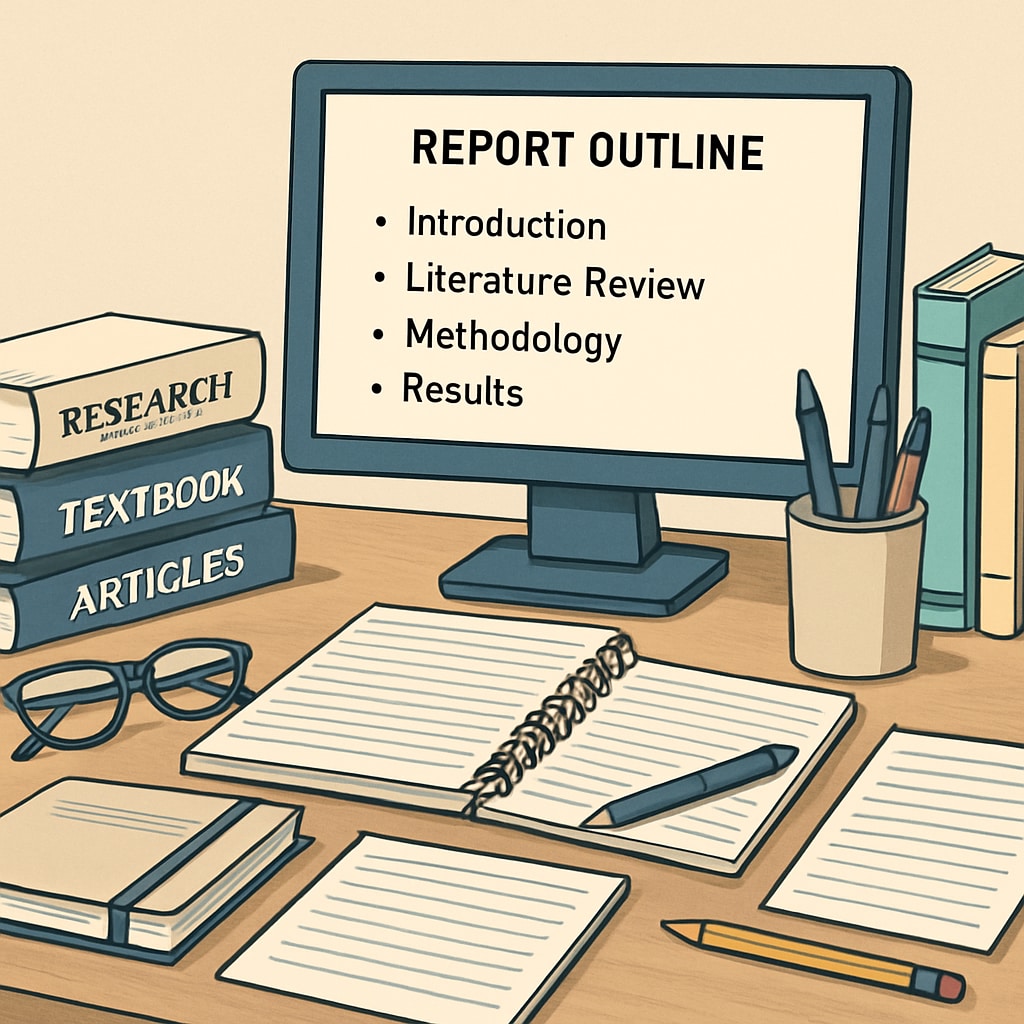Mastering report writing, exam scores, and writing techniques is essential for high school students aiming to excel academically. Many struggle to move beyond average grades, but with the right strategies, achieving a perfect score is within reach. This guide breaks down three core dimensions—language expression, content depth, and writing structure—to help you transform your reports from mediocre to outstanding.
Refining Language for Clarity and Impact
Clear language is the foundation of effective report writing. Avoid overly complex sentences that may confuse readers. Instead, focus on precision and simplicity. For example, replace vague phrases like “a lot of” with specific quantities or descriptors.
- Use active voice (e.g., “The experiment demonstrated…” instead of “It was demonstrated by the experiment…”)
- Eliminate redundant words and phrases
- Maintain consistent verb tenses throughout your report

According to Purdue OWL’s writing guidelines, academic writing should be formal yet accessible. This balance is crucial for scoring well in exams.
Developing Substantial Content Depth
Superior reports demonstrate thorough understanding through:
- Comprehensive research using credible sources
- Critical analysis rather than simple description
- Original insights that add value to the topic
For scientific reports, the Nature Education recommends presenting data objectively while interpreting its significance. Always connect your findings to broader concepts or real-world applications.

Structuring Your Report for Maximum Effectiveness
A logical structure guides readers through your argument seamlessly. The standard framework includes:
- Introduction with clear thesis statement
- Methodology (for research-based reports)
- Results and analysis
- Conclusion with implications
Transition words like “however,” “therefore,” and “consequently” help maintain flow between sections. Remember, examiners often assess how well you organize information, not just what you know.
Final tip: Practice timed writing regularly to improve both speed and quality. With consistent effort, your report writing skills—and consequently your exam scores—will show remarkable improvement.


